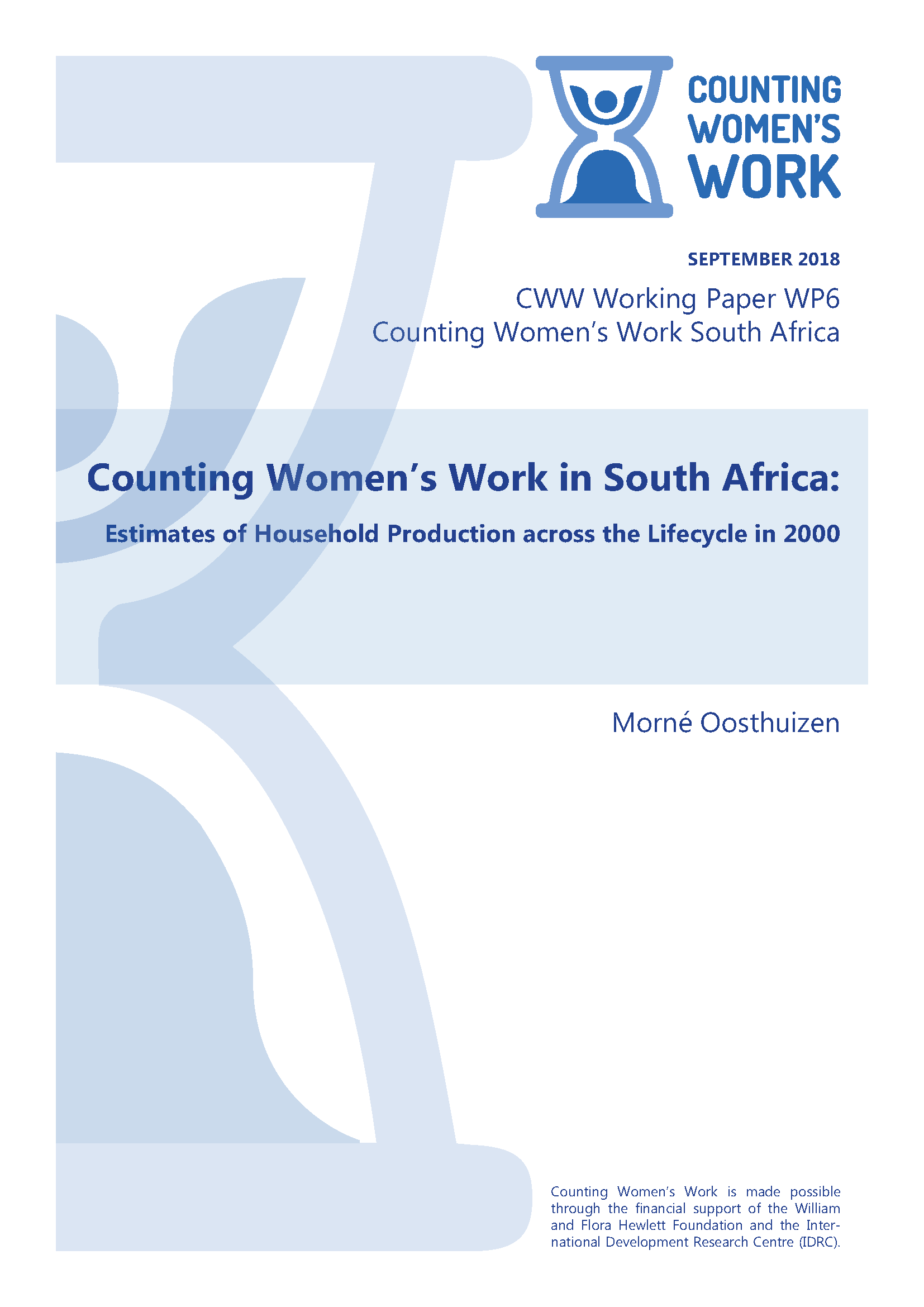KIHASA-EWC Conference, December 3, 2019, Seoul, Korea
Members of the Counting Women’s Work and National Transfer Accounts projects will be presenting research at a joint conference in Seoul, hosted by the Korea Institute of Health and Social Welfare (KIHASA) of Korea and the East-West Center (EWC) of the United States.
Members of the Counting Women’s Work and National Transfer Accounts projects presented research at a joint conference in Seoul, hosted by the Korea Institute of Health and Social Welfare (KIHASA) of Korea and the East-West Center (EWC) of the United States.
The theme of the one-day conference is “Challenges and Policy Responses to Population Aging.” Gretchen Donehower, the principal investigator of CWW will speak on unpaid care work, while members of NTA teams from the United States, Korea, Japan, and Spain will discuss what NTA estimates tell us about how aging will impact productivity, consumption, public and private transfer systems, and economic growth, and what policies are available to maximize desirable outcomes.
Web links:
KIHASA: https://www.kihasa.re.kr/english/main.do
EWC: https://www.eastwestcenter.org
CWW Working Paper No. 8
CWW Working Paper WP8 is by Morné Oosthuizen, featuring CWW results for South Africa in 2010. It is entitled Counting Women's Work in South Africa: Incorporating Unpaid Work into Estimates of the Economic Lifecycle in 2010.
The eighth publication in the Counting Women’s Work working paper series covers the results for South Africa for 2010. (The sixth working paper featured South African results from 2000.) CWW working papers provide more detailed analysis than the Country Reports and are authored by the CWW country teams.
CWW Working Paper WP8 is by Morné Oosthuizen, and gives more recent CWW research for South Africa. The paper is titled Counting Women's Work in South Africa: Incorporating Unpaid Work into Estimates of the Economic Lifecycle in 2010. It can be downloaded through the link below.
CWW Working Paper No. 7
CWW Working Paper WP7 is by Morné Oosthuizen and Kezia Lilenstein, and details the CWW research for Mauritius. It is entitled Counting Women's Work in Mauritius: Household Production across the Lifecycle in 2003.
The seventh publication in the Counting Women’s Work working paper series covers the results for Mauritius using data for 2003. CWW working papers provide more detailed analysis than the Country Reports and are authored by the CWW country teams.
CWW Working Paper WP7 is by Morné Oosthuizen and Kezia Lilenstein, and details the CWW research for Mauritius. The paper is titled Counting Women's Work in Mauritius: Household Production across the Lifecycle in 2003. It can be downloaded through the link below.
CWW Working Paper No. 6
CWW Working Paper WP6 is by Morné Oosthuizen, and details the CWW research for South Africa. It is entitled Counting Women's Work in South Africa: Estimates of Household Production across the Lifecycle in 2000.
The sixth publication in the Counting Women’s Work working paper series covers the results for South Africa using data for 2000. CWW working papers provide more detailed analysis than the Country Reports and are authored by the CWW country teams.
CWW Working Paper WP6 is by Morné Oosthuizen, and details the CWW research for South Africa. The paper is titled Counting Women's Work in South Africa: Estimates of Household Production across the Lifecycle in 2000. It can be downloaded through the link below.
CWW Working Paper No. 5
CWW Working Paper WP5 is by B. Piedad Urdinola and Jorge A. Tovar, and details the CWW research for Colombia. It is entitled Time Use and Gender in Colombia.
The fifth publication in the Counting Women’s Work working paper series focuses on results for Colombia. CWW working papers provide more detailed analysis than the Country Reports and are authored by the CWW country teams.
CWW Working Paper WP5 is by B. Piedad Urdinola and Jorge A. Tovar, and details the CWW research for Colombia. It is entitled Time Use and Gender in Colombia and can be downloaded below.
CWW Working Paper No. 4
This paper discusses the methodology used by researchers in the CWW project for constructing National Time Transfer Accounts (NTTA). The NTTAs measure the production and consumption of household production or unpaid care across the lifecycle, and the transfers across age groups implied by the patterns of these two flows.
This paper discusses the methodology used by researchers in the CWW project for constructing National Time Transfer Accounts (NTTA). The NTTAs measure the production and consumption of household production or unpaid care across the lifecycle, and the transfers across age groups implied by the patterns of these two flows.
CWW Working Paper WP4 is authored by Principal Investigator and Project Director Gretchen Donehower, and details the CWW methodology. The working paper, Measuring the Gendered Economy: Counting Women’s Work Methodology, can be downloaded below.
Categories
Tags
- Africa 3
- Asia 3
- Audio 2
- Brazil 1
- Burkina Faso 2
- Colombia 10
- Costa Rica 10
- Covid19 2
- Cross-country 19
- El Salvador 1
- Europe 5
- Example Code 1
- Fertility 2
- Gender Dividends 3
- Ghana 4
- Hispanic ethnicity 1
- Human Capital 1
- Hungary 1
- India 3
- Kenya 2
- Latin America 7
- Mauritius 2
- Methodology 6
- Mexico 4
- Policy-related 10
- Senegal 5
- Slides 10
- Slovenia 1
- South Africa 9
- South Korea 2
- Spain 2
- Spanish language 4
- Turkey 1
- United States 3
- Uruguay 2
- Video 7
- Vietnam 4
- Web Conference 4
















